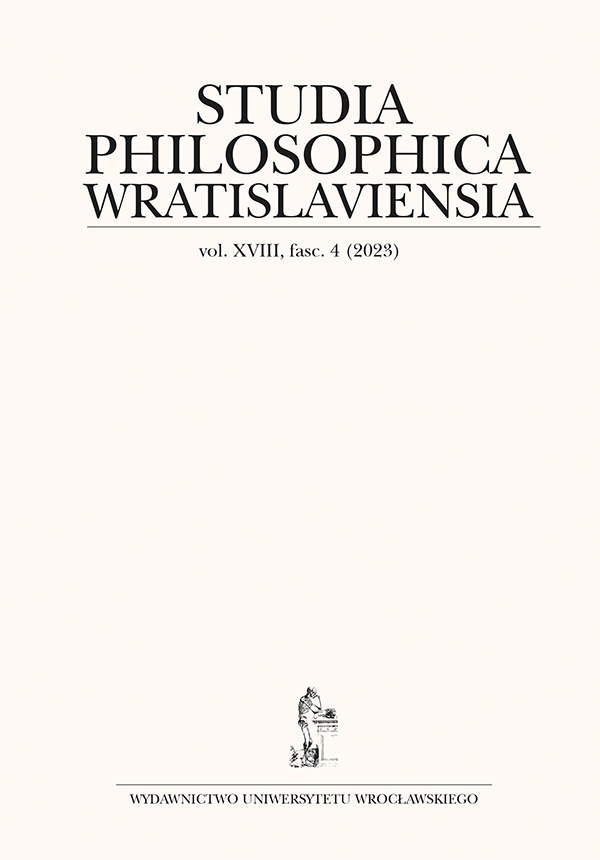The Wonder and the Terror of Getting Lost in The Room
The Wonder and the Terror of Getting Lost in The Room
Author(s): BRIAN HISAO ONISHISubject(s): Social Sciences, Phenomenology
Published by: Wydawnictwo Uniwersytetu Wrocławskiego
Keywords: wonder; virtual reality games; terror; phenomenology; Merleau-Ponty; embodiment;
Summary/Abstract: This paper deals explicitly with two competing defi nitions of wonder. On the one hand, we have something like Mary-Jane Rubenstein’s strange wonder where the very ground on which we stand is shaken and aporias determine our inter-action with the world via wonder. We lose the very foundation on which we under-stand reality and thereby call into question our epistemological grasp of the world. On the other hand, we have Jan B.W. Pedersen’s epistemological wonder where won-der is a kind of surprise or presentation of reality where we are struck by an epis-temological lack. Wonder urges us forward in hopes of strengthening and broadening our understanding of the world. Both defi nitions seem to coalesce in the project of unveiling the reality of the world. Pedersen’s project is explicitly epistemological in that wonder, be it an emotion or some kind of noetic faculty, reveals the world to us in a way that we didn’t know before. Rubenstein, on the other hand, moves beyond epistemology by attempting a kind of strange ontology that opens new possibilities that were not previously accessible. In both versions, we end up peeling away a fi lmy layer of the world to fi nd some other reality. In this paper, I will argue that there is a tension between wonder and terror that shows up in between Rubenstein’s and Pedersen’s defi nitions; a kind of wonder that attends to, at least partially, the fi lmy veil of reality. To do this, I will appeal to Weird fi ctions, including the virtual real-ity (VR) game, The Room, to pull at this tension and demonstrate its generativity for thinking through experiences of wonder and terror, including how they frame the meaning of our world(s).
Journal: Studia Philosophica Wratislaviensia
- Issue Year: 18/2023
- Issue No: 4
- Page Range: 43-61
- Page Count: 19
- Language: English

